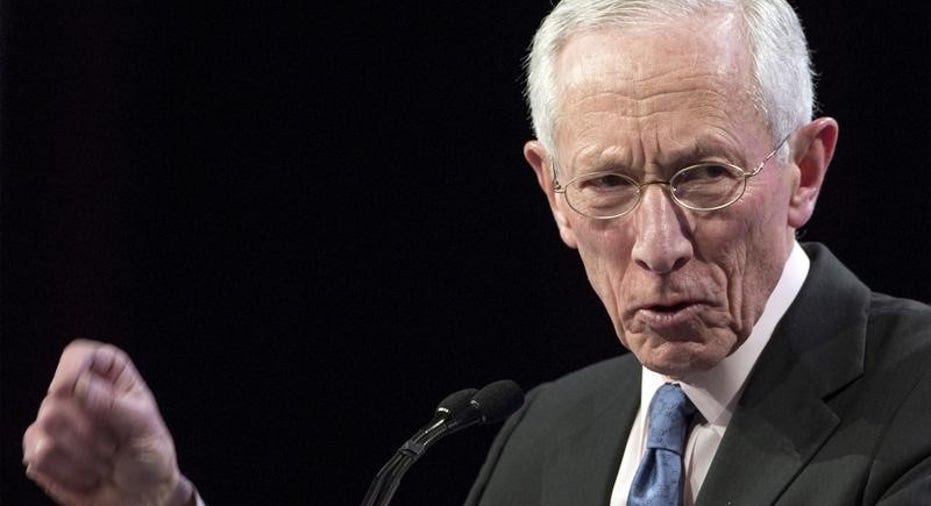Fed's Fischer: Having Ultralow Rates 'Really Bothers Me'

WASHINGTON – Federal Reserve Vice Chairman Stanley Fischer on Tuesday expressed frustration with ultralow interest rates, saying they should rise over time.
"It bothers me, it really bothers me," he said when asked about low rates at an event for economics students at Howard University in Washington.
"I think there's also a problem in going to a zero interest rate in the sense that it says that capital isn't very productive, there's not much going on in the economy," Mr. Fischer said, adding that "we would be better off if there was a price for using money."
"I don't like it, but I don't want to raise the interest rate too much. I think we should at some point. I don't know when," he said.
"The interest rate I believe is not at zero at a normal level and it should be [normal] at some point, not immediately," he said.
The central bank last December lifted the federal-funds rate by a quarter percentage point after holding it near zero for seven years.
Mr. Fischer also addressed declining labor-force participation in his Howard appearance, saying much of the drop reflects factors that preceded the last, severe recession. The Fed's second-highest-ranking official cited an aging population as a key reason for the decline in the proportion of adults participating in the labor force.
Mr. Fischer also mentioned factors like the role of public assistance programs -- such as disability insurance -- and a reduction over time in the demand for lower-skilled labor.
Technological changes -- such as desktop computers -- may have boosted the wages of highly skilled workers more than the wages of workers with fewer skills, he said.
Low labor-force participation is an important issue for the Federal Reserve, which seeks maximum employment as one of its objectives for monetary policy.
Mr. Fischer also called on the economics profession to increase diversity.
"We need -- and by that I mean society as a whole needs -- a more diverse set of practitioners in economics, practitioners who may perceive different questions to be important and different answers to be more persuasive," he said.
Write to Harriet Torry at harriet.torry@wsj.com



















